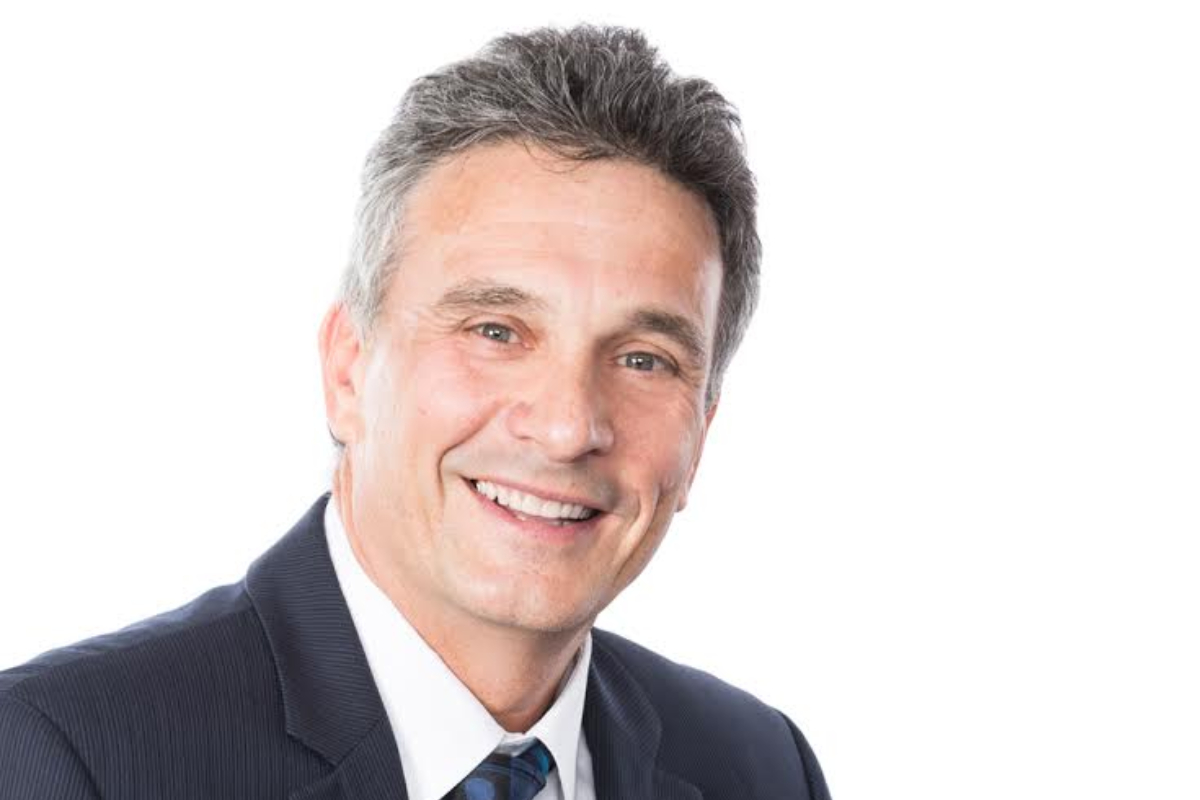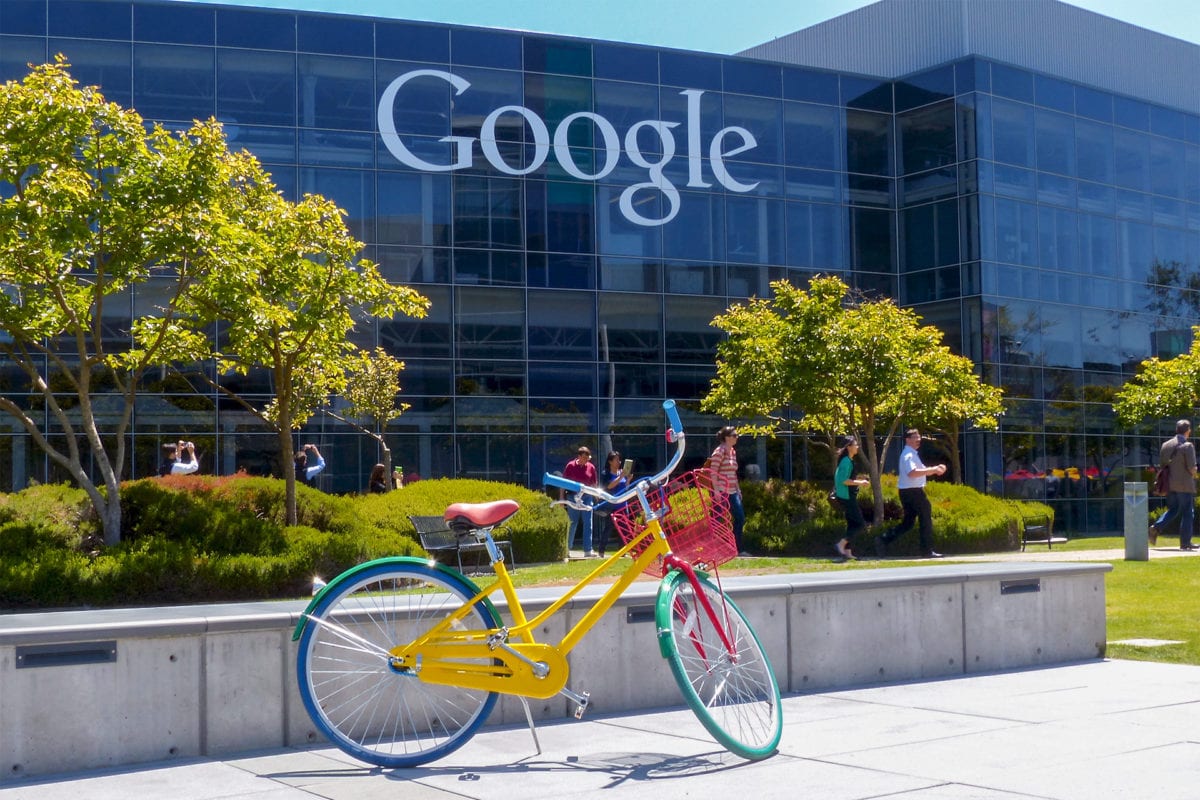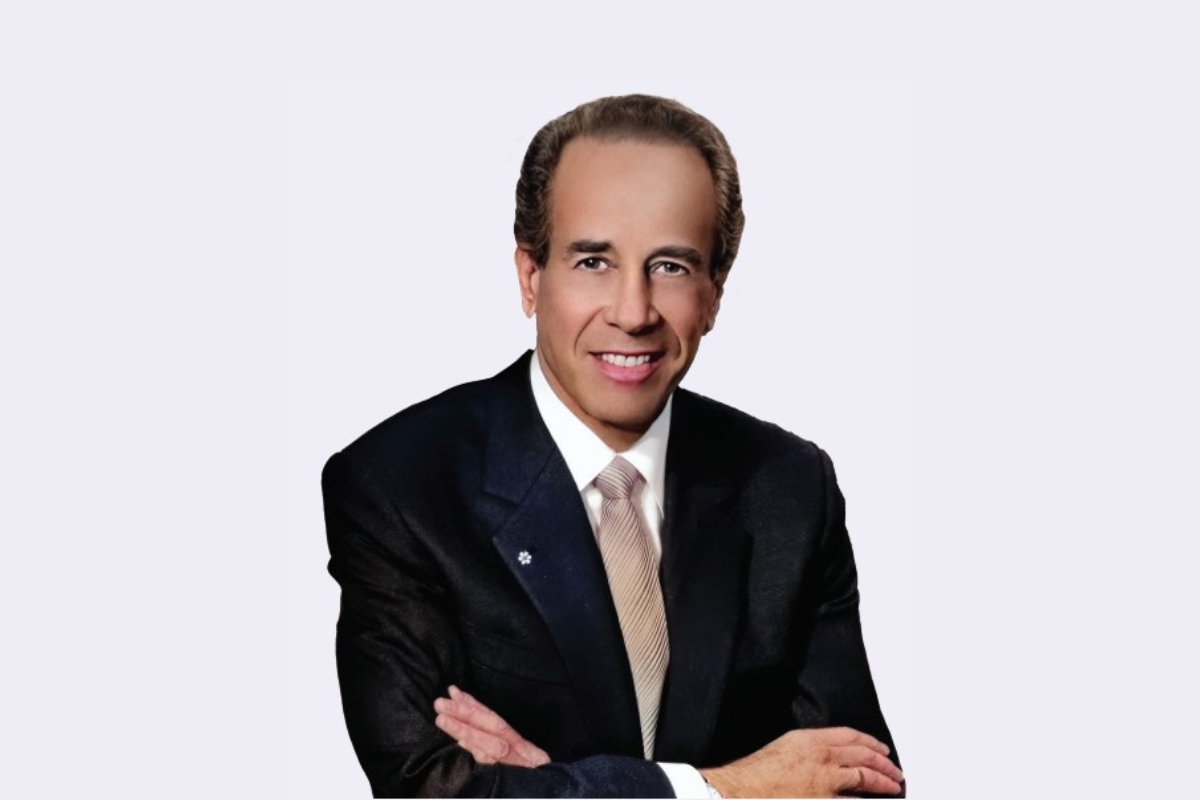As the President and CEO of Indigenous Works, Kelly J. Lendsay has emerged as a prominent social entrepreneur advancing Canada’s Indigenous inclusion and workplace engagement initiatives.
With a background in launching and operating life-saving ventures, his interest in social impact became evident as he culminated the launch of Luminary, to Indigenize curriculum, and grow business and research talent in 2020. As a result of his effective bridge-building strategies, he is now recognized as one of Canada’s brilliant innovators and organizational development experts within indigenous strategies.
The Edge recently sat down with Lendsay to explore his transition into the social enterprise realm, the core qualities essential for advocating for social impact, the challenges he has encountered, and his invaluable leadership guidance for others navigating this space.
What inspired your transition from previous entrepreneurial endeavors to launching a social enterprise?
In my early work, I was very influenced by lifesaving and lifeguarding. I was on the Royal Lifesaving Society Board of Directors and eventually started a lifeguard training company.
Then there was Rescue 3, a swift water rescue company. It was about helping people going through disasters, floods, and water rescue scenarios. That was the link to social enterprise.
Going into the MBA program in 1990, [the Oka Crisis] had broken out in Montreal, and that really bothered me. That’s when I first started engaging in Indigenous issues.
We started the first Aboriginal Business Education Program at the University of Saskatchewan in 1994-95. Today it’s known as the Edwards Business School.
Then, the Royal Commission report came out in 1996, and [Indigenous Works] was one of those recommendations. They were headhunting for a national president and CEO. That’s when I stepped onto the national stage. Since then, I have engaged in Social Services.
Financial metrics serve as primary indicators of success. How do you measure success within a social enterprise?
There is a monetary factor that definitely has to be captured, but there is a fellow— James C. Collins—who wrote a great book titled “Good to Great”, and he talked about three key principles of effective social enterprises: What are you passionate about?
What can you be the best in the world at? And what’s going to drive your economic engine? I think one of the key measures in social enterprises is this area of impact.
There are a number of performance indicators and measures around social impact indicators. For us, we looked at jobs. We wanted to increase employment of Indigenous people.
You also have to increase the education and knowledge of businesses if they’re going to develop effective workplaces. Thirdly, you have to create strategies and models that will help benchmark an employer’s knowledge and strategy. It’s this comprehensive approach that measures the meaningful impact of a social enterprise.
What traits are pivotal for gaining recognition within the realm of social influence?
You have to be passionate about what you do. If you have passion, people know it instantly. A second one is expertise. You need to have knowledge in order to be able to speak to issues. And I think the third, as a leader in this space, you need to be a bridge builder.
What are some of the obstacles you’ve had to face as a changemaker in this space?
The challenge that we face in Canada with the Indigenous issue is still a huge attitudinal gap. There is this friction and challenge that we need to address between Indigenous and non-Indigenous people, [which is] similar to the African American movement in the US, and the friction there that needs to be addressed.
I think the thing about a social enterprise is you’re operating a business. You’re generally a non-profit registered corporation. You have to do the same audits and financial performance measures. Creating revenue streams is challenging. People have to become more creative, even more business-like. I’d say that’s an ongoing obstacle.
Jackie Marson | Contributing Writer




















